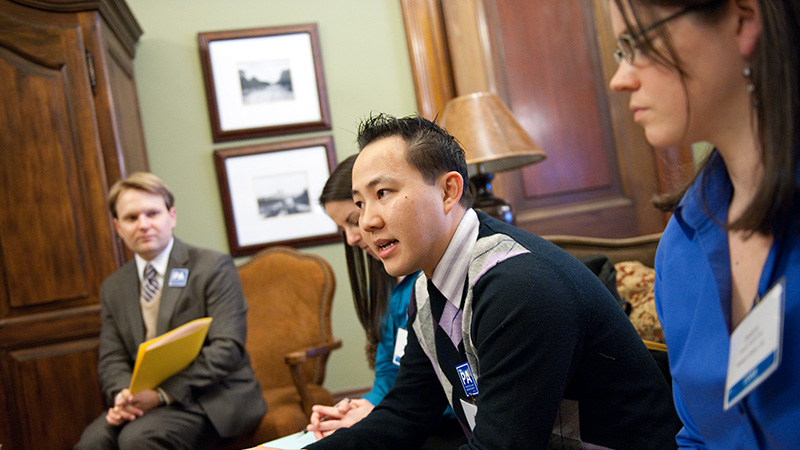Constituent Organizations
Constituent organizations (COs) are independent organizations affiliated with AAPA. COs are comprised of state and federal chapters, specialty organizations, special interest groups, and caucuses. They provide their members with locally based CME, networking opportunities, social gatherings, timely information, advocacy and job resources.

Constituent Organization Resources
With the resources on this page, COs can improve organizational practices and operations, and at the same time enhance programs and services delivered to members.
State, U.S. Territory and Federal Service Chapters
AAPA’s constituent chapters provide their members locally-based CME, networking opportunities, social gatherings, timely information, advocacy and job resources.
Specialty Organizations
Specialty organizations support AAPA’s knowledge base regarding medical specialty practice issues.
Special Interest Groups
Special interest groups are informal groups composed of individuals sharing a common goal or interest.
Caucuses
A caucus is composed of individuals who share a common goal or interest related to healthcare access or delivery.
Constituent Organization News
Advocacy Tips
How to Connect with Lawmakers-The Power of Telling the PA Story
When it comes to grassroots advocacy, few techniques are as effective as storytelling. Storytelling is citing a personal example, describing your job on a typical day, illustrating through patient anecdotes […]
Attend Town Hall Meetings
Attending town hall meetings is a great way to make contact with your officials.Check out this step-by-step guide to prepare for participation in a town hall meeting.
Harmonization Acts: Expanding Patient Access to Care
PA laws and regulations have come a long way in the past 50 years. States are improving patient access to healthcare and this includes tearing down barriers to PA practice, which is governed by the PA practice law and rules, as well as by sections of health law that govern specific aspects of healthcare.